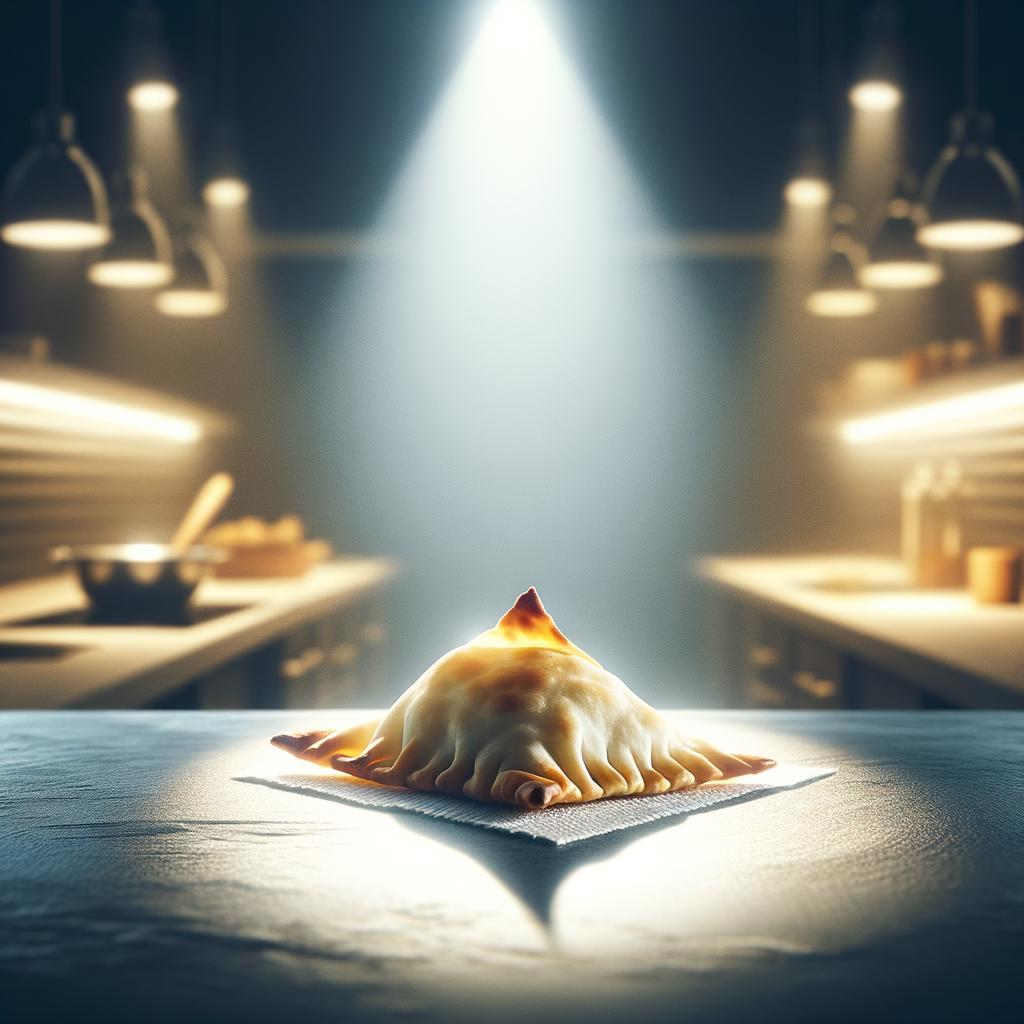Phyllo Dough

Description
Phyllo dough, also known as filo pastry, is a light, flaky and delicate ingredient that has been a cornerstone in Mediterranean cuisine for centuries. Its name comes from the Greek word for "leaf", and it's not hard to see why. Each sheet of phyllo dough is as thin as a leaf, translucent and smooth to the touch. Its uncooked form is soft and pliable, but when baked, it transforms into a golden, crispy delight with a subtly sweet, buttery flavor that melts in your mouth. What sets phyllo dough apart from other pastries is its unique thinness, which requires a high level of skill and patience to produce.
Primary Uses
Phyllo dough is incredibly versatile, used in both sweet and savory dishes. It's most famously used in Greek cuisine, in dishes like spanakopita (a spinach and feta pie) and baklava (a sweet dessert layered with nuts and honey). The dough's unique ability to crisp up while retaining a light texture makes it ideal for creating flaky pastries and pies. Outside of the culinary world, phyllo dough has a cultural significance in Greece and the Middle East, where the art of making it is often passed down through generations, a testament to the importance of food in familial and cultural traditions.
History
The origins of phyllo dough are steeped in the culinary history of the Eastern Mediterranean. Its first known use dates back to the Ottoman Empire, where it was a staple in the imperial kitchens. The art of making phyllo was a highly guarded secret, passed down from mother to daughter, and was considered a symbol of status and refinement. Over time, its use spread across the region and beyond, becoming a beloved ingredient in many cuisines. There's a romantic tale that the layers in phyllo dough were inspired by the multi-layered clothing worn by Ottoman Sultans, although this is more folklore than fact.
Nutritional Information
Phyllo dough is low in fat and cholesterol, making it a healthier alternative to other types of pastry. It's rich in complex carbohydrates and offers a decent amount of protein. While it doesn't boast a wide range of vitamins and minerals, it does contain some iron and B vitamins. Compared to puff pastry, phyllo dough is a lighter choice with fewer calories and less fat. However, it's worth noting that dishes made with phyllo often include high-calorie fillings or are brushed with butter or oil, which can increase the calorie content. As with all foods, it's best enjoyed in moderation.

